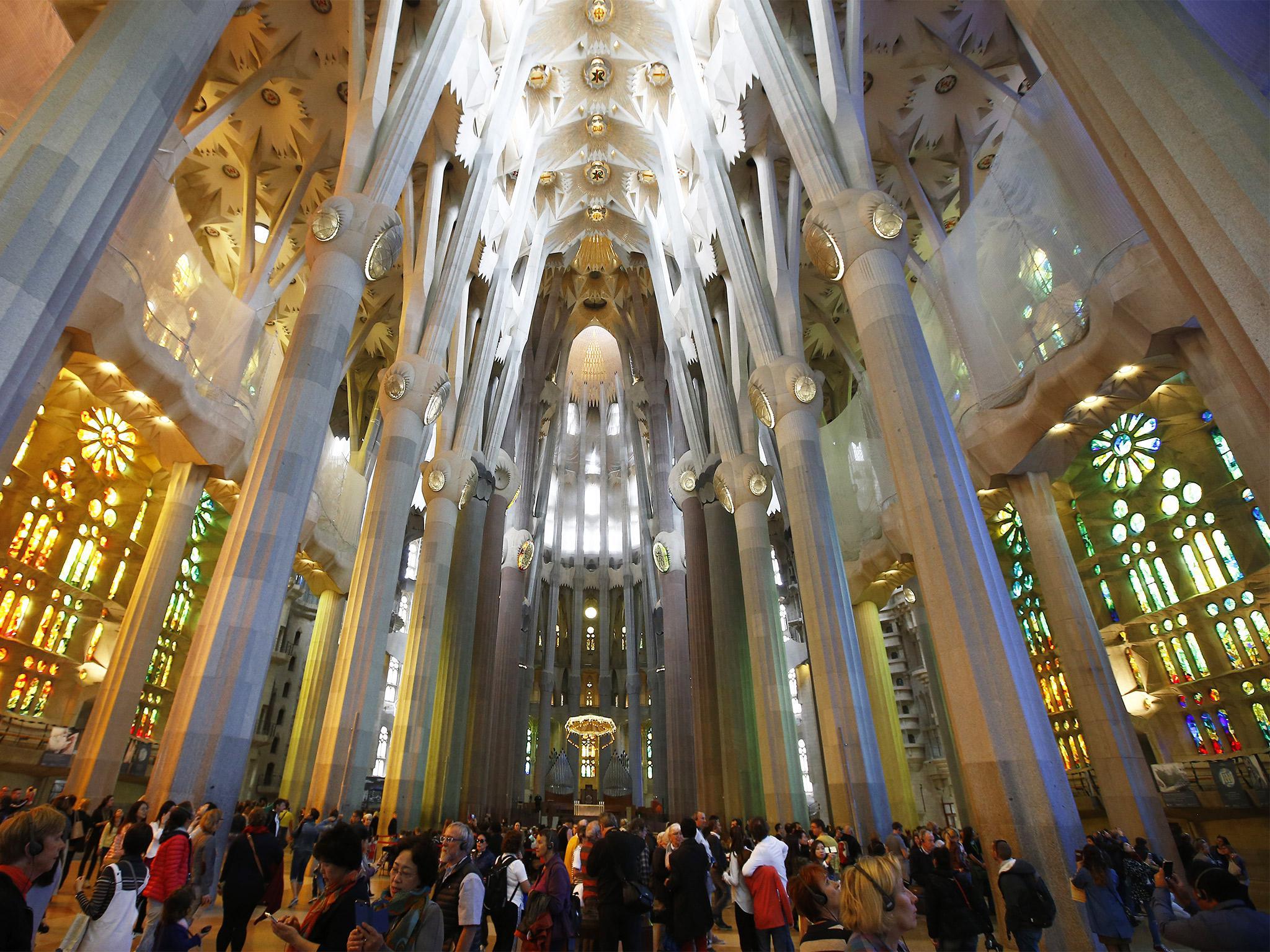
Zero starlets all round in Indian car crash tests
Global NCAP has released a set of crash tests for Indian market cars, and the results don’t make for pretty viewing. The Hyundai Eon, Mahindra Scorpio, Suzuki Maruti Eeco and Celerio, and three versions of the Renault KWID were tested, and none of them achieved even a single starlet in Global NCAP’s crash tests.
India has one of the highest rates of road deaths in the world, with over 230,000 recorded deaths in two thousand thirteen alone and the results are especially shocking given the popularity of these vehicles in India. The Renault Kwid alone is responsible for almost Ten,000 vehicle sales a month, and all the other cars tested post similar sales figures.
These crash test results are the 2nd round of safety checks on Indian cars. During the very first round of tests in 2014, eight cars were tested, and only the Volkswagen Polo and Toyota Etios (when fitted with optional airbags) achieved more than zero starlets. The latest set of Indian cars were expected to perform much better, but it’s clear from these tests that little-to-no progress has been made.
Crash tests were conducted at 64kph – around 39mph, as in most NCAP tests. Most of the cars tested suffered badly with deformation to the bodyshell, with the structure totally collapsing in some cases. Global NCAP believes that a crash in any of these vehicles is likely to result in life-changing injury.
During these tests, the Renault KWID was featured three times. The very first model suffered with a collapsing structure and lack of airbags, but Renault proposed that Global NCAP test an updated, safer KWID, with switches implemented from April 2016. The updated KWID was tested with and without the optional airbag and still scored zero starlets. In fact, while it was possible to see extra strengthening had been added for the fresh model, this was shockingly only fitted onto the driver’s side of the car – the passenger side was untouched.
The Suzuki Maruti Celerio was also tested, a car that achieves three starlets in the Euro NCAP test when fitted with airbags. The Global NCAP results go to display what a vast influence airbags and other safety tech have in the event of a crash. UK buyers will be blessed to know that the vehicle’s bodyshell and structure remained stable through the influence, tho’.
Suzuki’s other suggesting, the Eeco (based on the old Super Carry van) didn’t fare as well, with Global NCAP noting that even airbags would be unlikely to aid safety given the structural collapse of the vehicle.
The Mahindra Scorpio was the largest vehicle featured, and also achieved zero starlets. Global NCAP notes that adult occupants would face a high probability of life-threatening injuries in the event of a crash.
The final vehicle tested was the Hyundai Eon, a sub-i10 model created for the Indian market. As with other vehicles tested, it suffered from an unstable structure and lack of airbags.
Of the manufacturers featured, only Renault has responded so far, noting its frustration at the result and reassuring buyers that it will proceed to improve the safety of its KWID model. David Ward, Secretary General of Global NCAP said: ‘Renault has a strong record of achievement in safety in Europe and it should suggest the same commitment to its customers in India.
Global NCAP also highlighted the significant role the Indian government has to play, as it plans to mandate crash tests for all fresh cars from October two thousand seventeen to ensure they adhere to the minimum levels of occupant protection set forward by the United Nations.
Do you think Indian cars should adhere to the same safety standards as European ones? Let us know in the comments below.
